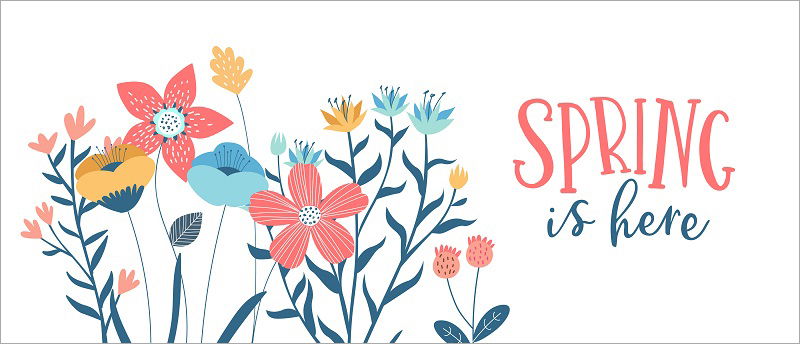Spring is upon us, and you know what that means: warmer weather, beautiful blossoms, and of course, spring allergies! Here is what you should know to survive another year of spring allergies.
What causes spring allergies?
Spring allergies are caused by tree pollen, grass pollen, and mold spores. Although the spring equinox isn’t until March (and February may not feel like spring), trees and grass can begin to pollinate as early as February. Pollination peaks from March to April, and rainy weather during this time of year can increase mold counts as well. While dust mites and animal dander are present year-round, they may exacerbate your spring allergies.
How to manage spring allergies
You deserve to enjoy spring! Here are a few tips to help you manage your allergies so you can enjoy time outdoors:
- Get an allergy test and find out what you’re allergic to. It’s much more difficult to manage your allergies when you do not know what triggers your symptoms. Once you know what you are allergic to, you can create a management plan with your allergist to avoid triggers when possible, as well as medications and other treatments that may help.
- Shower at night. This rinses off any pollen that landed on your body or hair during the day and prevents them from getting on your sheets and pillow.
- Remove your shoes and change your clothes after coming inside. Rather than bringing pollen from outside into your home, remove your shoes and change your clothing. This can decrease the amount of pollen in your home.
- Keep the windows shut when possible. This is another simple step that can lower the amount of pollen in your home and help you manage your symptoms. This is especially important on windy days or days with high pollen counts.
- Pay attention to lawn care. Cutting your grass regularly prevents it from getting too long, which can increase pollen levels. Wear a mask while you mow the grass or have someone else do it.
- Wear sunglasses outdoors. Sunglasses and other protective eyewear can help keep pollen out of your eyes while you perform lawn care or other activities outside.
- Change air filters regularly. Your home’s air filters can hold dust and other allergens. It’s best practice to change the filters quarterly, or more frequently if you have pets.
- Keep a cleaning schedule. Clean your floors, vacuum your carpets, and wash bedding weekly. Don’t forget to deep clean once a quarter, including vacuuming furniture, washing curtains, and dusting window blinds. Keeping your bathroom clean and dry can also prevent mold.
- Be aware of pollen counts. Local and national weather websites, channels, and apps publish pollen counts. When the pollen count is high, try to spend less time outdoors and keep your windows closed.
- Use a nasal rinse. If you experience nasal congestion due to allergies, try clearing your nasal passages with a saltwater rinse.
The best way to manage your allergies is to create a personalized management plan with an allergist. To learn more about managing spring allergies and to set up an appointment with our allergist, we invite you to contact us today at West River ENT & Allergy.




